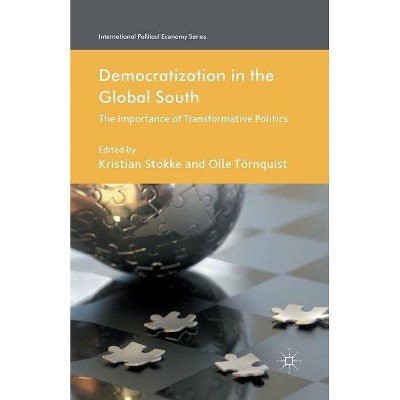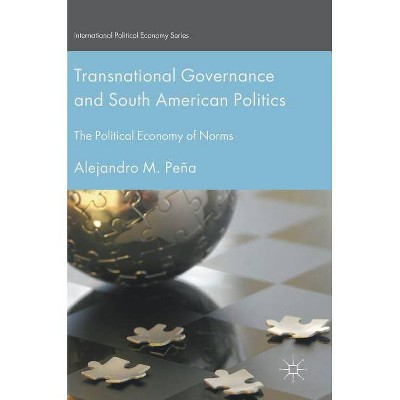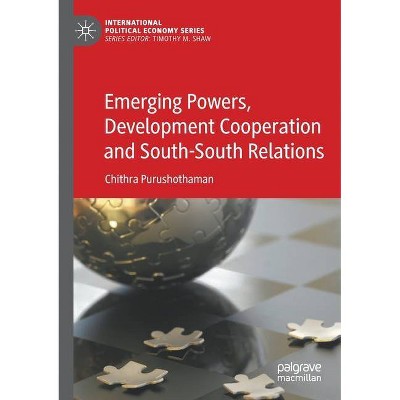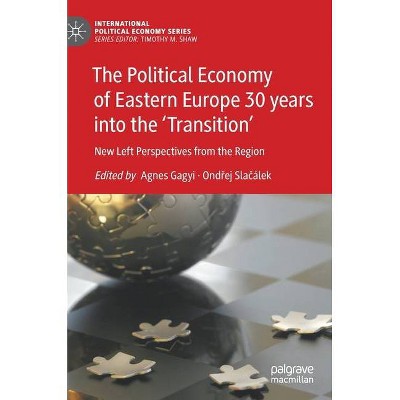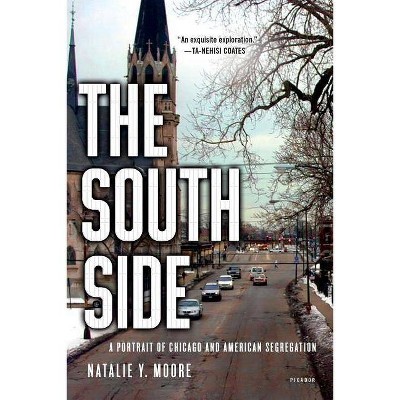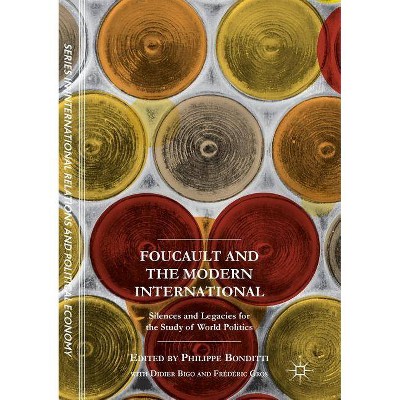South-South Cooperation Beyond the Myths - (International Political Economy) by Isaline Bergamaschi & Phoebe Moore & Arlene B Tickner (Paperback)
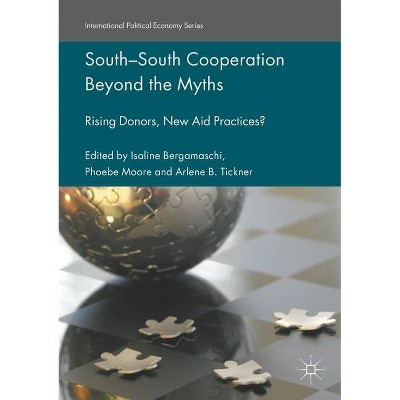
Similar Products
Products of same category from the store
AllProduct info
<p/><br></br><p><b> Book Synopsis </b></p></br></br>This book, which brings together scholars from the developed and developing world, explores one of the most salient features of contemporary international relations: South-South cooperation. It builds on existing empirical evidence and offers a comparative analytical framework to critically analyse the aid policies and programmes of ten rising donors from the global South. Amongst these are several BRICS (Brazil, India, China and South Africa) but also a number of less studied countries, including Cuba, Venezuela, the United Arab Emirates, Colombia, Turkey, and Korea. The chapters trace the ideas, identities and actors that shape contemporary South-South cooperation, and also explore potential differences and points of convergence with traditional North-South aid. This thought-provoking edited collection will appeal to students and scholars of international relations, international political economy, development, economics, area studies and business.<br><p/><br></br><p><b> From the Back Cover </b></p></br></br>This book, which brings together scholars from the developed and developing world, explores one of the most salient features of contemporary international relations: South-South cooperation. It builds on existing empirical evidence and offers a comparative analytical framework to critically analyse the aid policies and programmes of ten rising donors from the global South. Amongst these are several BRICS (Brazil, India, China and South Africa) but also a number of less studied countries, including Cuba, Venezuela, the United Arab Emirates, Colombia, Turkey, and Korea. The chapters trace the ideas, identities and actors that shape contemporary South-South cooperation, and also explore potential differences and points of convergence with traditional North-South aid. This thought-provoking edited collection will appeal to students and scholars of international relations, international political economy, development, economics, area studies and business.<br>Endorsements: 'This edited volume is a welcome contribution to the critical understanding of South-South cooperation in international politics. The chapters are written by an impressive group of scholars from both the North and the South with extensive knowledge of development cooperation mechanisms. It will most certainly become required reading for scholars, students and practitioners eager to understand trends in development cooperation.'- Monica Herz, Pontifical Catholic University of Rio de Janeiro, Brazil<br>'This collection is a valuable corrective to stereotypical analyses of South-South cooperation. Bergamaschi, Moore and Tickner have assembled a first-rate set of chapters by an outstanding group of experts deeply engaged in the reassessment of the conceptualization and operation of cooperation strategies. Filled with important actor-based and issue-oriented insights from a diverse range of fascinating case studies, the volume deserves a wide readership from scholars, students and practitioners.' - Andrew F. Cooper, University of Waterloo, Canada<br><p/><br></br><p><b> About the Author </b></p></br></br>Isaline Bergamaschi is a Lecturer in the Deparment of Political Science at the Université Libre de Bruxelles, Belgium. <p/>Phoebe Moore is Senior Lecturer in International Relations and International Political Economy at the School of Law, Middlesex University, UK.<br>Arlene B. Tickner is Professor of International Relations in the Political Science Department at the Universidad de los Andes, Bogotá, Colombia. <br>
Price History
Price Archive shows prices from various stores, lets you see history and find the cheapest. There is no actual sale on the website. For all support, inquiry and suggestion messages communication@pricearchive.us
